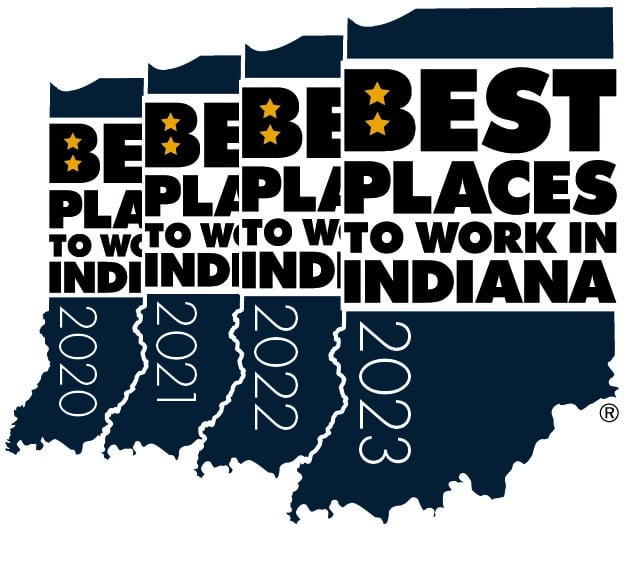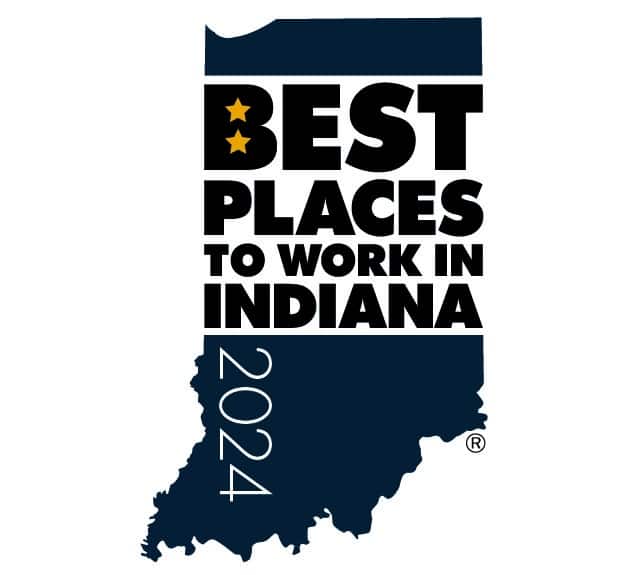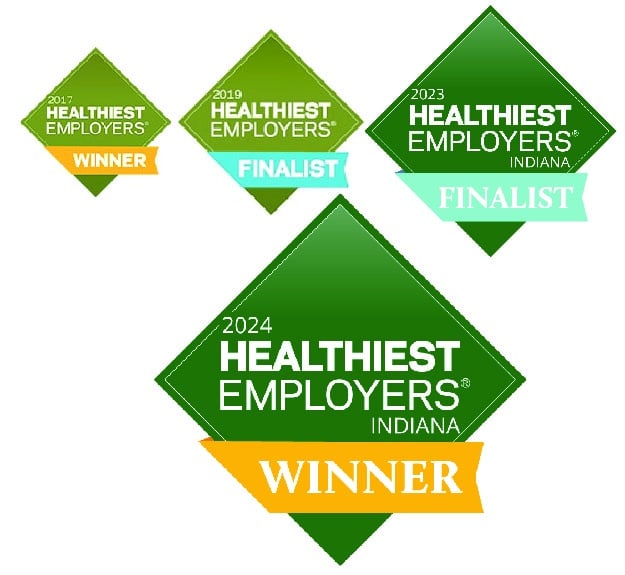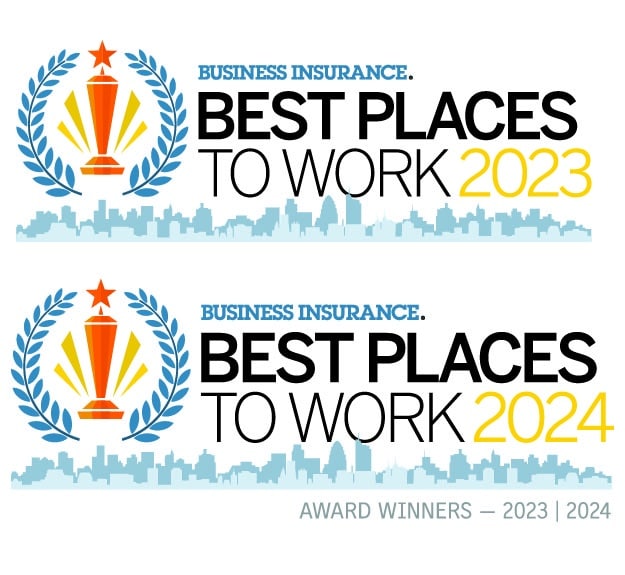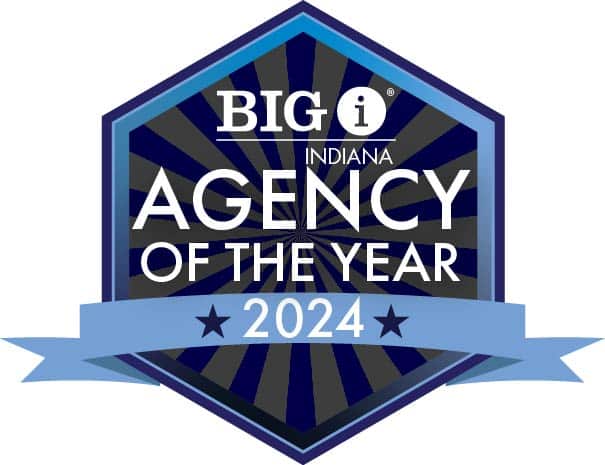Shortages in the Healthcare Industry and Your Benefits Program

Shortages in Healthcare and Benefits Programs. If you run out of batteries, you can order them online and they will show up within a day or two. If you need to pay your bills, you can do so instantly. Current society is used to getting what they want when they want it. Unfortunately, this culture of instant gratification, where people expect instant results could be contributing to employee frustration when dealing with the healthcare system and their benefits program.
A shortage in healthcare professionals has affected the way healthcare is being offered and provided, leaving HR professionals to manage a more complex environment around health insurance. Unfulfilled healthcare positions and lack of insurance providers could be contributing to the challenges that face the HR department and the workforce, such as longer wait times for employees and increased workload for HR professionals.
The American Hospital Association estimates “a national shortage of up to 124,000 physicians by 2033.” A strong relationship between HR and consultants is essential as fewer doctors and healthcare support staff are expected to enter the healthcare industry. As benefits become increasingly complex due to healthcare shortages, experienced consultants need to support HR teams and strategize ways to meet the needs of the business and workforce.
EMPLOYEES MAY NOT HAVE A SMOOTH HEALTHCARE EXPERIENCE
High expectations for quick delivery can cause many people to feel frustrated during delays. For example, when a bus arrives a few minutes late or a slow internet connection. In the workplace, employees could feel frustrated when scheduling appointments for procedures or routine health visits due to long wait times. Some employees may begin to question their benefits programs. When there is a shortage in workers there can be a delay in service. Addressing concerns and providing support can help them navigate delays in care and alleviate potential frustration.
The healthcare industry is not alone, other industries are facing similar challenges. Contractors have been facing supply chain issues and high inflation since the beginning of the pandemic. Labor shortages and high material costs are causing delays in building, frustrating clients and placing a strain on employers, their HR departments and employees. Staying ahead of these challenges is essential for all industries.
KEEPING EMPLOYEES INFORMED
Navigating shortages in the healthcare industry could mean looking at things a little differently. A recent Mercer report shows that as the demand for physicians increases, physician assistants and nurse practitioners will need to step in to ease demand. Communicating changes with employees and bringing awareness to their benefits programs on a monthly basis can help employees remain aware of changes in their plan and how it functions.
Employee benefits are there to represent and provide care for your people and their loved ones. Employers need to communicate with their people about delays and issues occurring in the healthcare industry. When proper expectations are set, everyone can be more prepared.
If you have questions about your benefits program don’t hesitate to reach out. Let’s chat!

